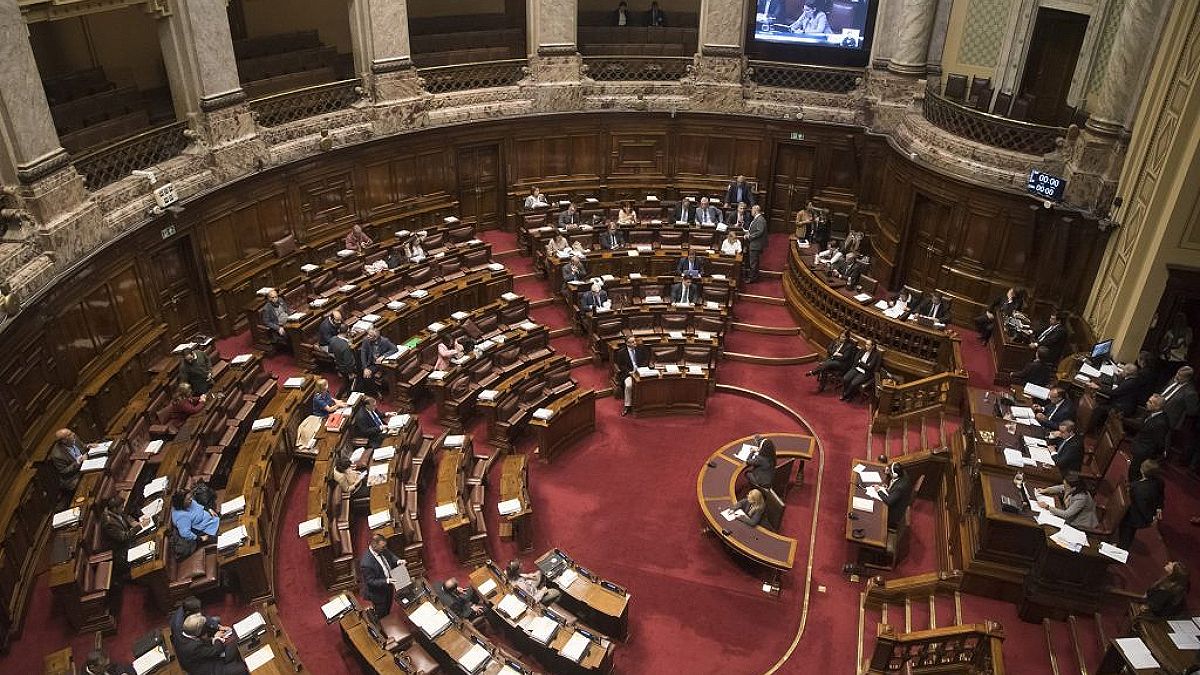The law on real estate operators reaches Deputies this Tuesday, after going through a year of discussion in the Constitution Commissionto be submitted to the vote of parliamentarians in the midst of a controversy where the Real Estate Chamber of Uruguay (CIU) demands your approval and Uruguayan Chamber of Brands and Real Estate Companies (Cumei) She rejects.
In November of last year it was approved by the committee of Deputies the real estate operators law with the support of all member parties. Finally, this Tuesday comes the Low camera to be put to the vote. The discussion of the project faced two chambers of the sector where one strongly questions it and the other emphasizes the importance of its approval.
The objective of the law is to organize the activity in the sector, it appears in article 1 where it is established that the object of the law is to regulate the exercise of professional activity at the real estate level, which is carried out by agents, brokers, commission agents, brokers, real estate and tourism service providers, and operators.
Free competition
The law establishes that all members of the sector will be grouped together as “real estate operators” within the framework of the defense of free competition. In addition to the definition, the requirements to exercise as such are established, as well as the rights and sanctions provided for obligations for non-compliance with the regulations.
Likewise, the legislative initiative declares real estate activity to be of general and national interest due to its contribution to the development of the country’s economy.
Among the other highlights, Article 8 creates the National Registry of Real Estate Operators, that will operate in the orbit of the Ministry of Economy and Finance (MEF), and will be administered by an honorary commission made up of three members of the Executive Branch, as well as two members of the representative unions of the sector.
The rejection of the Cumei
At the end of April, Cumei communicated its “frontal rejection” of the real estate operators bill. Through a statement, the organization showed its strong opposition to the project and denies that the entire sector has a good perception and shares the parliamentary initiative.
In the letter, they point out that the Chamber companies consider it “very important” that the Parliament regulate the activity, but they oppose doing so ignoring the contributions that were made from Cumei so as not to endanger “the direct source of work for 700 Uruguayan families” and other indirect jobs.
Likewise, they maintain that the bill includes unconstitutional aspects, according to the opinion of the Professor Martín Rissoand that the alternative wordings were not contemplated by the Legislative power.
“We see with great concern that our arguments and contributions have not been considered,” continues the document, which assures that “some sectors seem committed to a corporate regime that limits for the future the entry into it of those who today make up certain associations that bring together a group of already established real estate companies.
According to Cumei, the treatment of the law by Deputies “ignores the reality of a very important part of the Uruguayan real estate market”, since “it does not contemplate in any way” the activity of their companies, “neither their business models, nor the reality of the 700 real estate operators who operate in Uruguay under this modality for more than ten years”.
The insistence of the CIU
For its part, the CIU insists on the approval of the bill. “What we want is to formalize and professionalize the sector. That consists of creating a registry of real estate operators which is under the orbit of the Ministry of Labor with a commission than with three members of the Executive and two people from the unions who are in charge of issuing the license plates and collecting the registrations, seeing that all the operators are working correctly, sanctioning if necessary and also what we consider important in that commission is the creation of a real estate observatory“, said to Ambit the vice president of the CIU, Matias Medina.
Regarding this, the chamber affirms that the sector reached 60% informality, a percentage that increased during the pandemic. This informality implicitly increases the predisposition to tax evasion and the lack of protection of workers in the sector. “It comes to professionalize the sector as it exists in all countries in the world. Here we have a career as a real estate operator at a tertiary level, which has 1,664 hours of training, four semesters, which gives the suitability to be able to work professionally,” Medina added.
Source: Ambito




